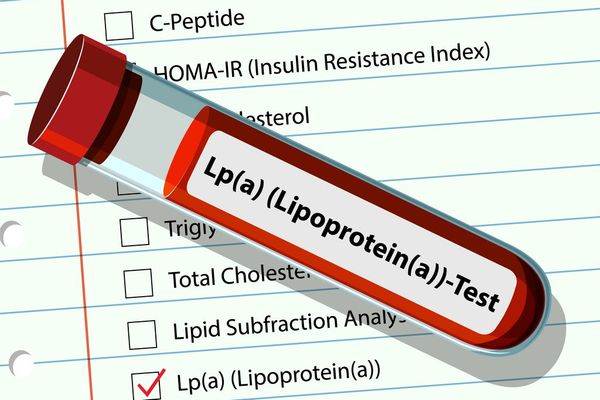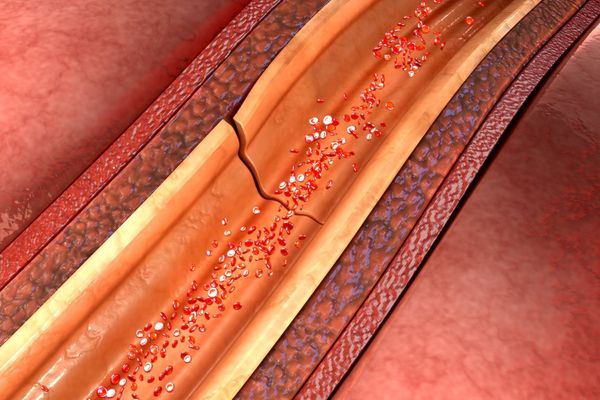You just ate a meal full of carbs and fried fare. Your chest feels like it's burning. You figure it must be heartburn. You're not alone. It's estimated that more than 60 million Americans experience heartburn at least once a month.
Heartburn is the most likely the cause of your pain. However, if you have chest pain, it may be caused by something else like GERD or even a heart attack. It can be tough to tell the difference because sometimes the symptoms overlap.
Here's a closer look.
What is heartburn
Heartburn is discomfort or actual pain caused by digestive acid moving into the esophagus, the tube that carries swallowed food to your stomach.
When you have heartburn, it …
- starts as a burning sensation in the upper abdomen and moves into the chest
- usually happens after eating or while lying down or bending over
- is usually relieved by antacids
- may awaken you from sleep, especially if you ate within two hours of going to bed
- may be accompanied by a sour taste in your mouth (especially when you're lying down) or a small amount of stomach contents may rise into the back of your throat
For some, heartburn can last a few minutes. For others, it can last for several hours. Occasional heartburn isn't dangerous. But long-term heartburn, called gastroesophageal reflux disease (GERD), can sometimes lead to serious problems, such a laryngitis, long-term cough, ulcers, inflammation of the esophagus or difficulty swallowing.
What is a heart attack
When you think about a heart attack, you likely someone clutching their chest. They fall to the ground, knocked out of breath. For many women, symptoms of a heart attack can be more subtle. And that means those symptoms can often go untreated.
Women's most common heart attack symptom is uncomfortable pressure, squeezing, fullness or pain in the center of the chest. It lasts more than a few minutes or goes away and comes back. Women are somewhat more likely than men to experience some other symptoms including:
- shortness of breath with or without chest discomfort
- nausea or vomiting
- sweating or "cold sweat"
- unusual fatigue
- pain or discomfort in one or both arms, the back, neck, stomach or jaw
- feeling of fullness, indigestion or choking
- lightheadedness, dizziness, extreme weakness or anxiety
What to do
If you have persistent heartburn and aren't sure if it's heartburn, call 911 and seek emergency medical care. Health care providers can run tests to diagnose what's going on.
If unexplained chest pain goes away within a few hours and you didn't seek medical help, call your health care provider. Heartburn and a developing heart attack can both cause symptoms that subside after a while. Even if the pain doesn't last a long time, that could be a warning sign.





